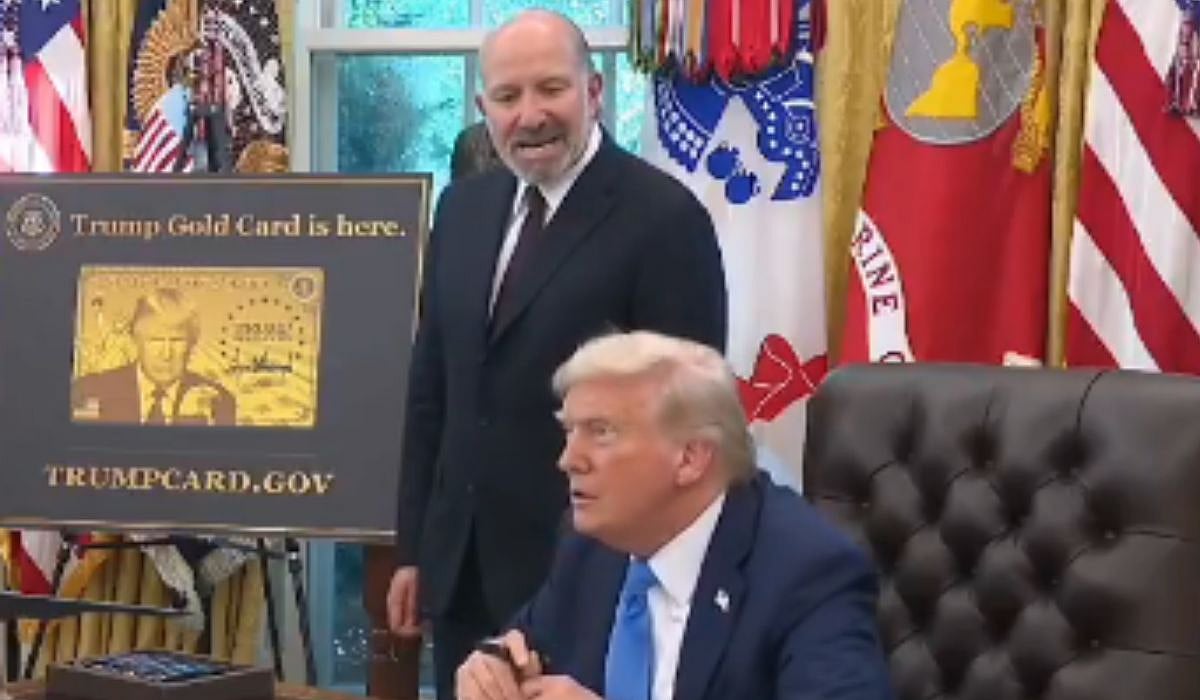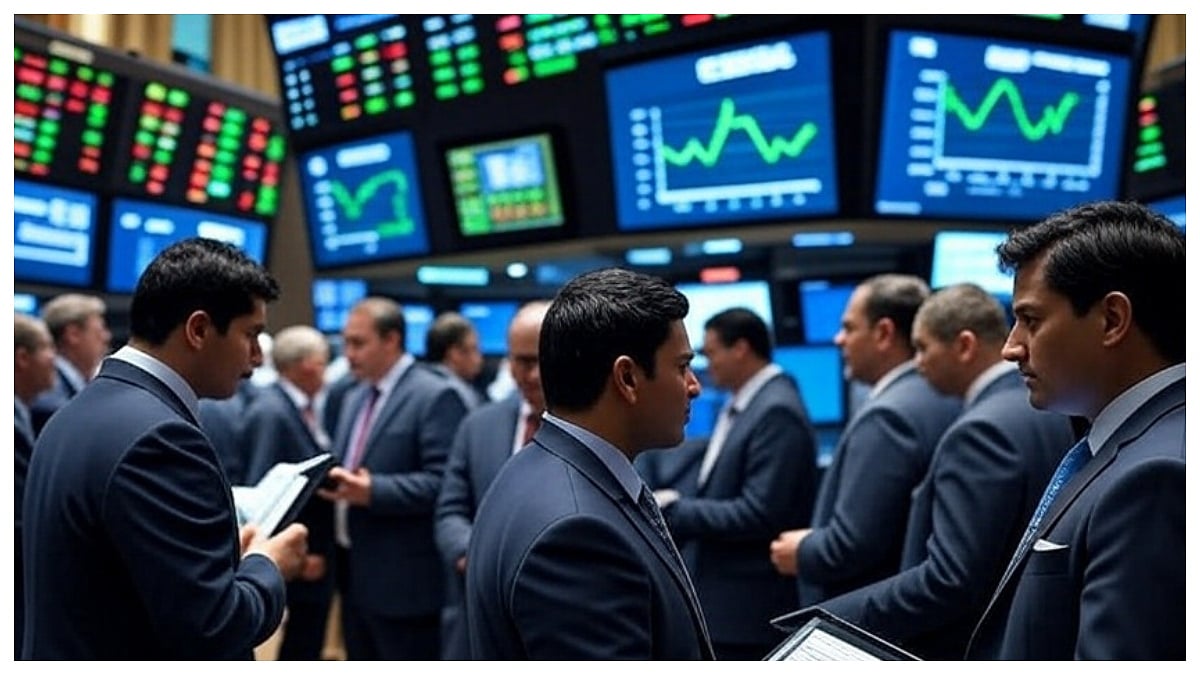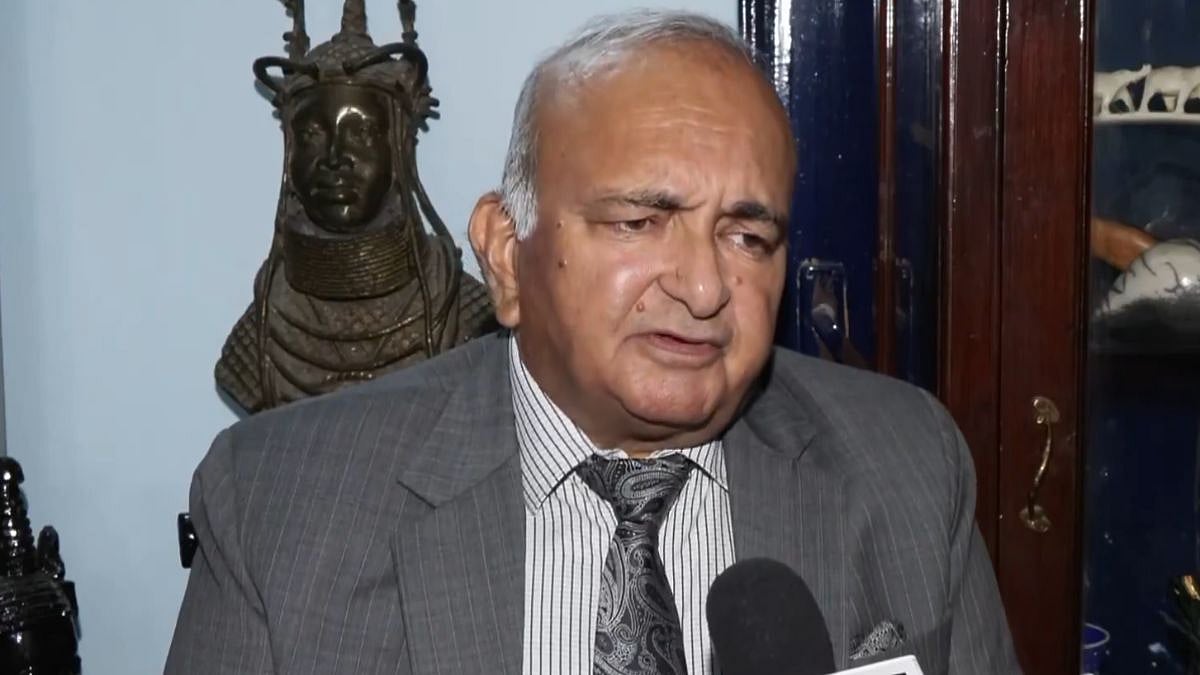Even though Wall Street had rallied on the back of larger-than-expected profit reports from major corporations, Asian shares were mixed on friday.
After Federal Reserve Chair Jerome Powell delivers a highly anticipated speech at the annual conference of central bankers in Jackson Hole, Wyoming,.
In an attempt to beat inflation, the Fed hiked interest rates to a two-decade high in September. It is hoped that he will provide hints about how quickly and deeply the cutbacks will occur.
Nikkei 225, the benchmark index for Japan, increased 0.6 per cent to 38,190.85 in the morning of the last trading session of the week.

Nikkei 225 saw an opening at 38,278.18 points on the stock exchanges. Jerome Powell's much-awaited speech at The 'Jackson Hole Economic Policy Symposium' had little to no effect on the index.
The Kospi in South Korea fell 0.1 per cent to 2,697.43. There won't be any rate changes at the Bank of Korea's monetary policy meeting, though opinions on how the votes will be cast are split.

The Kospi saw a near-flat move, opening at 2,690.80 points and shuttering at 2,701.69 points. The day-high level of 2,712.84 on Kospi barely saw a small move in the green territory.
The Shanghai Composite barely moved, closing at 2,855.16, while Hong Kong's Hang Seng gained 0.1 per cent to 17,413.42.
US Markets
The S&P 500 gained 0.4 per cent per day on Wall Street following the end of an eight-day winning streak, which was the longest of the year. The index has returned to 5,620.85, which is just 0.8 per cent below its July peak.
The Nasdaq composite increased by 0.6 per cent to 17,918.99, while the Dow Jones Industrial Average added 0.1 per cent to 40,890.49. The profit growth that American companies have been delivering to S&P 500 companies appears to be the best since late 2021.
This summer, its stock has been volatile due to concerns that investors' hysteria over artificial intelligence technology may have driven up the price of it and other significant Big Tech stocks.
Jerome powell's address
Powell used the past tense to characterise many of the factors that caused inflation to soar following the pandemic, such as a labour market that "is no longer overheated," while being cautious to emphasise that the task is not finished.
This implies that the Fed can focus more on one of its dual responsibilities, which is to support a slowing economy that has so far escaped many forecasts of a recession.
Powell confirmed, 'It's time for policy to change.' 'The path of travel is obvious, and the balance of risks, incoming data, and changing outlook will determine when and how quickly rates are cut.'
He withheld some of the information that Wall Street was eager to learn in his second part of the statement.










